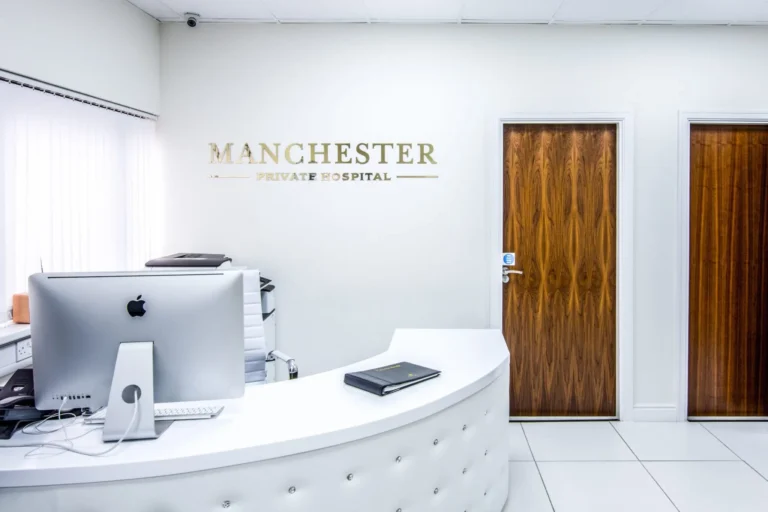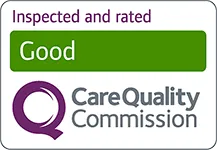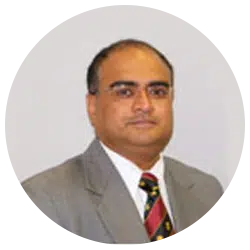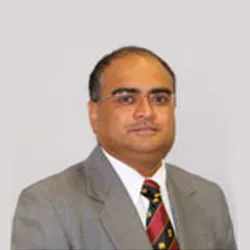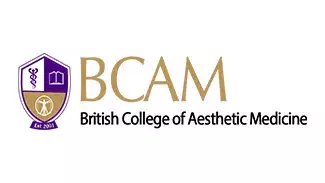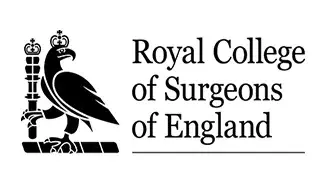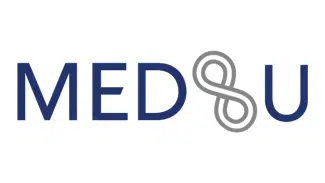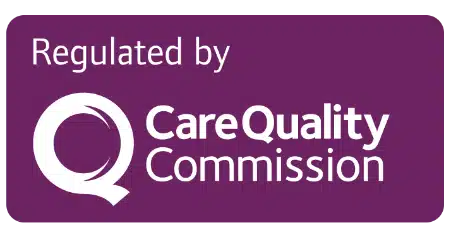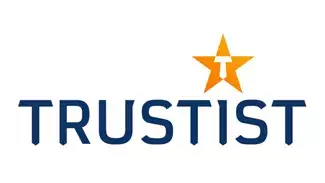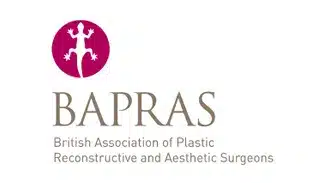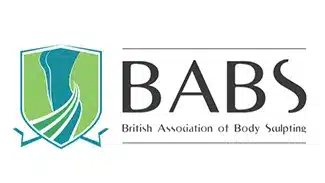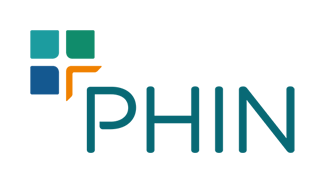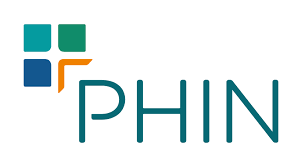Surgery Time 2 Hours
Results Seen 3 Months
Back To Work 2 Weeks
Pain Level Mild - Moderate
Hospital Stay Day Case
Cost From £5990*
GMC Registered Surgeons
6700+ Happy Patients
Flexible Finance Options
CQC Registered Private Hospital
About Fat Transfer For Breast Augmentation

A fat transfer for breast augmentation procedure is a natural type of augmentation that utilizes liposuction fat deposits taken from the patients themselves, which is then purified and injected into the breasts. This technique is preferred by patients who wish to augment their breasts without having any foreign materials placed within their bodies. Because the fat is taken from the actual patient, there is no risk of rejection.
This procedure first requires a liposuction in which fat is harvested from the patient’s body, typically the stomach or thighs. After purification of the fat, the practitioner uses syringes for injection of the purified fat into the breasts where needed. Even placement of the injected fat allows more fat to survive the process, but since not all of the fat will survive, additional fat will probably be required for injection to compensate for this expected loss.
Ideal Candidates For Breast Fat Transfer
Your cosmetic surgeon will assess you on an individual basis, taking into account the build and condition of your body, so that an individual procedure plan can be created based upon your unique anatomy and preferences. Good candidates for a breast fat transfer are those who want breasts that look and feel natural; those who want to moderately increase the size of their breasts without the look imparted by implants; those preferring a simpler and less painful procedure than with implants; those struggling with stubborn fat deposits that do not respond to diet and exercise, and patients who are in good overall health.
Good candidates for a breast fat transfer procedure also should be at least 18 years of age and have adequate fat stores so that sufficient fat can be transferred into the breasts where needed.
Procedure
A breast enlargement fat transfer is fairly straightforward and performed on an outpatient basis using IV sedation or general anesthesia, typically taking anywhere from one to two hours to complete, depending upon how much fat grafting is needed in a particular area. The procedure begins with the gentle removal of fat from the donor site, such as the buttocks, inner thigh, or abdomen, which is removed using a type of device called a cannula. After the fat has been removed, it is spun in a centrifuge for the removal of excess fluids and so that damaged fat cells are removed, leaving behind only undamaged, whole fat cells. Next, the surgeon will use a smaller hypodermic needle to inject the fat into an area that is known for increased fat graft longevity.
Recovery
You will be provided with instructions on cleaning the incision site before the day of your procedure, so follow them closely to ensure that you recover as quickly as possible without. any complications. It is common to experience tenderness, soreness, and swelling at both the donor and treatment site after this procedure, as well as experiencing some leakage of fluid for the first two days following the surgery. So be sure to cover areas like your bed, couch, and car seats before undergoing this procedure.
Following your fat transfer procedure, any pain or discomfort that you are experiencing during the first part of your recovery should be manageable using pain medication prescribed by your cosmetic surgeon. Keep the compression garment in place over the affected areas to ensure that newly contoured tissues are held into place and any swelling is minimized so that you heal properly. Avoid vigorous physical activity for the week following your surgery, but you may take part in light activities like walking around your house so that you maintain healthy blood circulation at the treatment site.
Complications
There are a number of complications associated with breast fat transfer, some of which are common and some rare. Common side effects that patients should expect post-surgery include: bruising and swelling, numbness, small scars and loss of some of the fat that is injected. The procedure is generally considered safe but may have rare complications, such as haematoma, blood vessel blockage, thick scarring, infection, bleeding, blood clot an death of fatty tissue.
Breast Fat Transfer Price
The fat transfer breast augmentation price in UK can vary depending on the size and complexity. However, although each procedure is tailored to the specific needs and goals of the patient, prices generally start from £5995.
Frequently Asked Questions
The answer largely depends upon your individual treatment goals. The amount of fat needed also depends upon how much fat ultimately survives the transfer process, as it is expected that a certain amount of transferred fat will not survive. Also, as a practical matter, needing a great amount of fat transferred may add length to the time of the procedure. The viability of fat can be decreased if a large amount of time is necessary, as fat is affected by the length of time that it is outside of the body.
The answer largely depends upon your individual treatment goals. The amount of fat needed also depends upon how much fat ultimately survives the transfer process, as it is expected that a certain amount of transferred fat will not survive. Also, as a practical matter, needing a great amount of fat transferred may add length to the time of the procedure. The viability of fat can be decreased if a large amount of time is necessary, as fat is affected by the length of time that it is outside of the body.
It may take anywhere from three to six months to achieve optimal results, at which point the fat transfer can be considered to be permanent. Transferred fat will become completely integrated within breast tissue. This fat is now a natural part of your breasts for the remainder of your life, although your breasts may fluctuate in size in cases of weight gain or weight loss.
It may take anywhere from three to six months to achieve optimal results, at which point the fat transfer can be considered to be permanent. Transferred fat will become completely integrated within breast tissue. This fat is now a natural part of your breasts for the remainder of your life, although your breasts may fluctuate in size in cases of weight gain or weight loss.
You will be under the influence of local or general anesthesia during your surgery, so you should have little to no pain or discomfort, although it is normal to experience mild pain and discomfort after the procedure. Any such pain and discomfort can be treated with prescription medications.
You will be under the influence of local or general anesthesia during your surgery, so you should have little to no pain or discomfort, although it is normal to experience mild pain and discomfort after the procedure. Any such pain and discomfort can be treated with prescription medications.
Assuming that the donor site contains sufficient fat, as much fat can be transferred as necessary to achieve any realistic treatment goals.
Assuming that the donor site contains sufficient fat, as much fat can be transferred as necessary to achieve any realistic treatment goals.
The fat transfer breast augmentation price in UK is dependent upon numerous factors, including surgical and anesthesia fees, geographic location, and the extent of the needed correction. Ultimately, the final cost of your procedure can be calculated during your initial consultation.
The fat transfer breast augmentation price in UK is dependent upon numerous factors, including surgical and anesthesia fees, geographic location, and the extent of the needed correction. Ultimately, the final cost of your procedure can be calculated during your initial consultation.
Fat Transfer Breast Augmentation Finance Options
Manchester Private Hospital have collaborated with Chrysalis Finance to offer 0% finance for our patients.*
1. 0% Interest Free Finance for Fat Transfer Breast Augmentation Surgery (Monthly Payment Plans)
Fat Transfer Breast Augmentation cost: £5990
Deposit amount: £0.00
The amount of loan would be: £5990
Total interest: £0.00
12 monthly instalments of £499.16
The representative APR is 0%
The total amount payable: £5990
2. Fat Transfer Breast Augmentation Surgery Finance Option with Interest (APR 9.9%)
Cost of a Fat Transfer Breast Augmentation: £5990
Initial deposit: £500
The amount of loan would be: £5490
60 monthly instalments of £115.30
The representative APR is 9.9%
The total amount payable: £7418
*Acceptance is subject to status. Terms and conditions apply.
All our surgery are tailored to individual patient requirements, and you will receive a fixed price following your consultation with surgeon during your face to face consultation.
*Procedure prices are not fixed and may vary as procedure costs are tailored to individual requirements so vary from person to person. You will receive a guide price during your initial eConsult and a fixed price following your surgeon face to face consultation.
